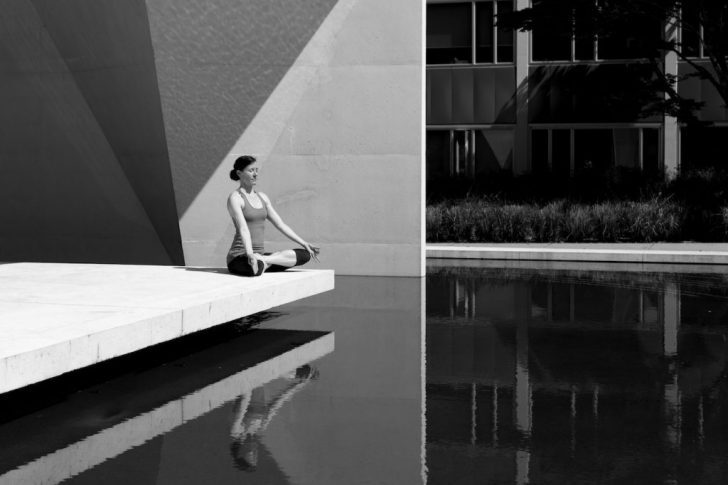Winters can be a tough season not only for our bodies but also for our mental health. During the winter months, the sun rises later than usual, and sets earlier. This forces many people to be exposed to less sunlight and continue their work in the dark; their time indoors usually outweighs their time spent outdoors.
Working and living in the dark affects everyone, even if you are a person without a history of any mental health issues. These shorter days and less exposure to sunlight can lead to mood changes, such as generally feeling sad or more down than usual. This mood shift that makes you feel lethargic or unhappy, is defined as winter blues.

There is no method to medically diagnose these ups and down but here are some symptoms to help you detect your winter blues:
- Feeling depressed
- Feeling hopeless
- Feeling worthless
- Trouble sleeping, insomnia or oversleeping
- Change in appetite or weight
- Difficulty concentrating
- Drawing away from tasks or activities you once enjoyed
- Feeling tired
- Having low energy
- Feeling agitated
- Having frequent thoughts of harming yourself or of suicide
- Lack of motivation to do daily tasks or get out of bed
- Drawing away from your circle or social interactions
- Spending two or more days in bed
Winter blues can affect all aspects of your life, from work to even personal relationships. Here are a few methods to help you beat this period in your life:
Soak in the sunlight

Sunlight therapy is considered the first step to help you cope with winter blues. Sunlight contains an unlimited source of Vitamin D, which is essential for circadian rhythm regulations and can boost your energy level, and thus, eventually, your mood too. Expose yourself and give yourself every opportunity to soak in that morning sun.
You can place your exercise equipment near a window, go out for daily walks or buy yourself a cup of coffee. You can also move your work desk near a window. Being in the sunlight also helps your body balance the serotonin activity and increases melatonin production, which also improves your emotional state.
Light therapy
If you cannot find relief from low-level interventions, you can sign yourself up for light therapy. In this form of treatment, the patient is settled in front of a light box for 20 to 60 minutes which gives out nearly 10,000 lux of light. Doctors recommend this procedure to be done in early fall until spring.
Eat a balanced diet

Complex carbohydrates such as whole grains and freshly produced organic food products can boost your energy levels and help you get out of your bed. Try eating foods rich in Vitamin D, such as fish, eggs, and mushrooms, and add more nutritional vegetables such as broccoli, kale, and carrots. Eating a balanced diet that hits all the checkpoints in your diet chart can promote better health and a better mood for the day.




